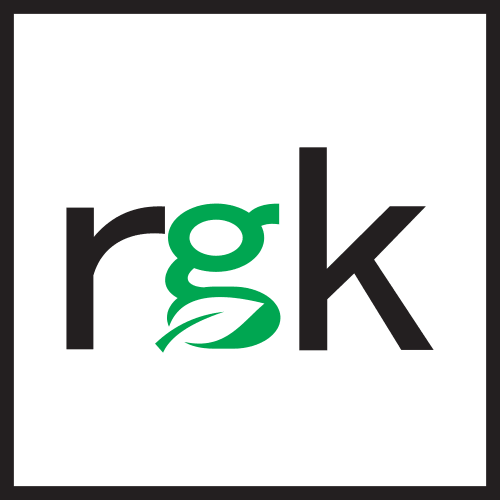Any renewable energy source is becoming more even important in our modern society. With a changing climate that is resulting in intense droughts, devastating hurricanes and a diminishing ozone, investing in a clean, renewable energy source is definitely the way of the future.
Renewable energy are continuous growing with currently account more than 15% of the overall energy consumption used around the world. Forestry, crops, sewage, industrial residue, animal waste, and municipal waste are all used to create the biogas renewable energy.
Traditionally biogas was used for cooking and heating purposes but these days it has become very common to generate electrical power whether through gas turbines or combustion engines. Within the past decades, particularly in European countries, the extended utilization of biogas has been for a substitution fuel for automobiles, trucks, and diesel gensets.
While in Indonesia, the government is carrying out a national energy mix target commitment of 23% is come from renewable energy by 2025. In the regulation, the target is separated into electricity and non-electricity. Most of the time, Government is focus on electricity target which is still struggling to compete with fossil fuel-based electricity. For non-electricity, the main attention is going to biodiesel that being pushed by the government via B-30 program.
Biogas, on the other hand, have not yet get the same attention from the government despite of its big potential. The role of private companies, particularly with an environmentally friendly vison, like ourselves, becomes vital to utilize biogas in Indonesia to its optimum potential. Through professional work, social responsibility attitude, and solution minded for not only finding the most effective but also efficient way of performing, RRS Group has proven to be again the pioneer of a one-stop company in the utilizing biogas.
RRS Group provide the complete Engineering, Procurement, Construction, Installation, Commissioning, and Operation (EPCIC&O) of a Biogas Utilization value chain that consist of:
- development work for Biogas Plant Capture,
- biogas utilization to generate electrical power,
- bio-upgrading facility from biogas to biomethane, and
- compression and distribution biomethane whether through pipeline or through the virtual pipeline principle, which includes transporting the compressed biomethane stored in high pressurized cylinder tank to designated areas
- and, finally, ensuring the application of the biogas/biometane by the end user through gas conversion technologies.



